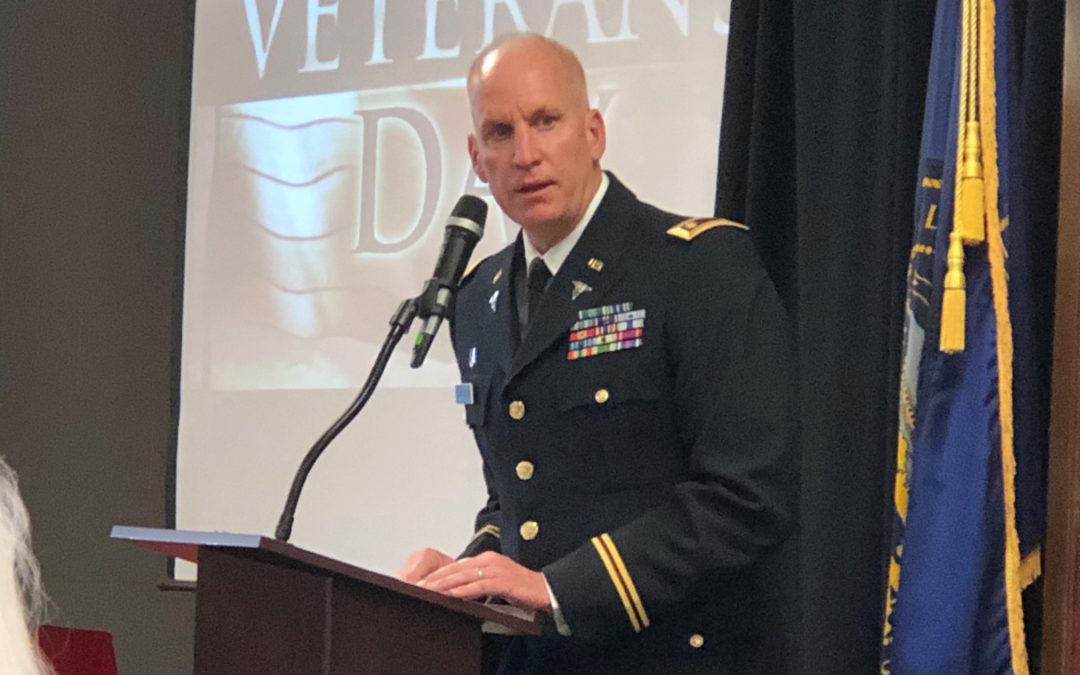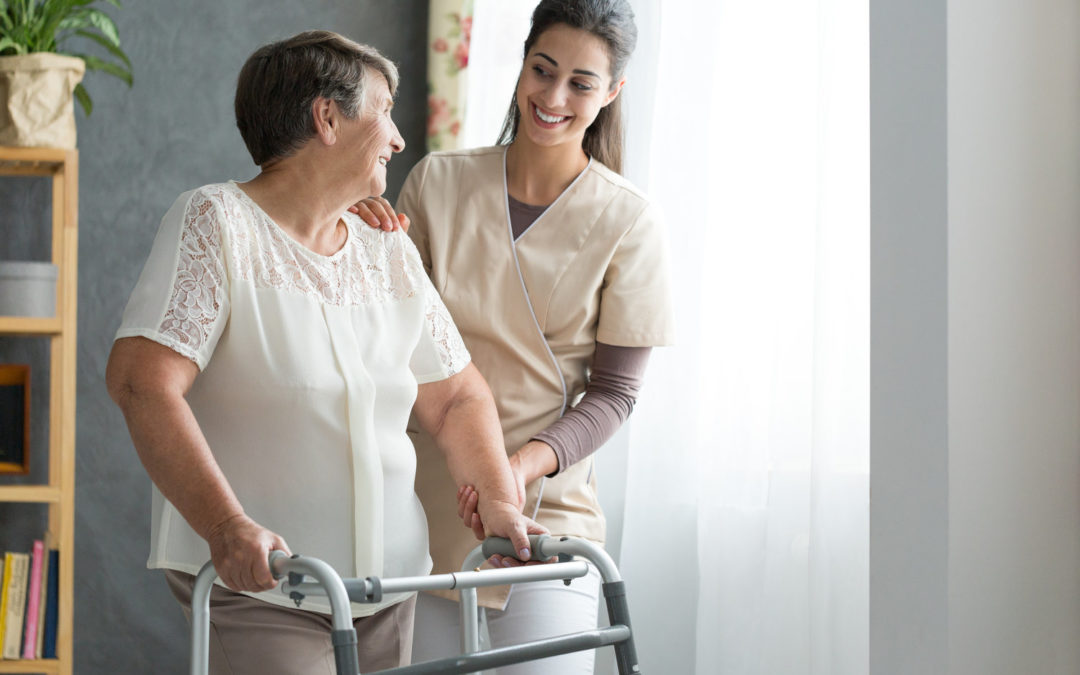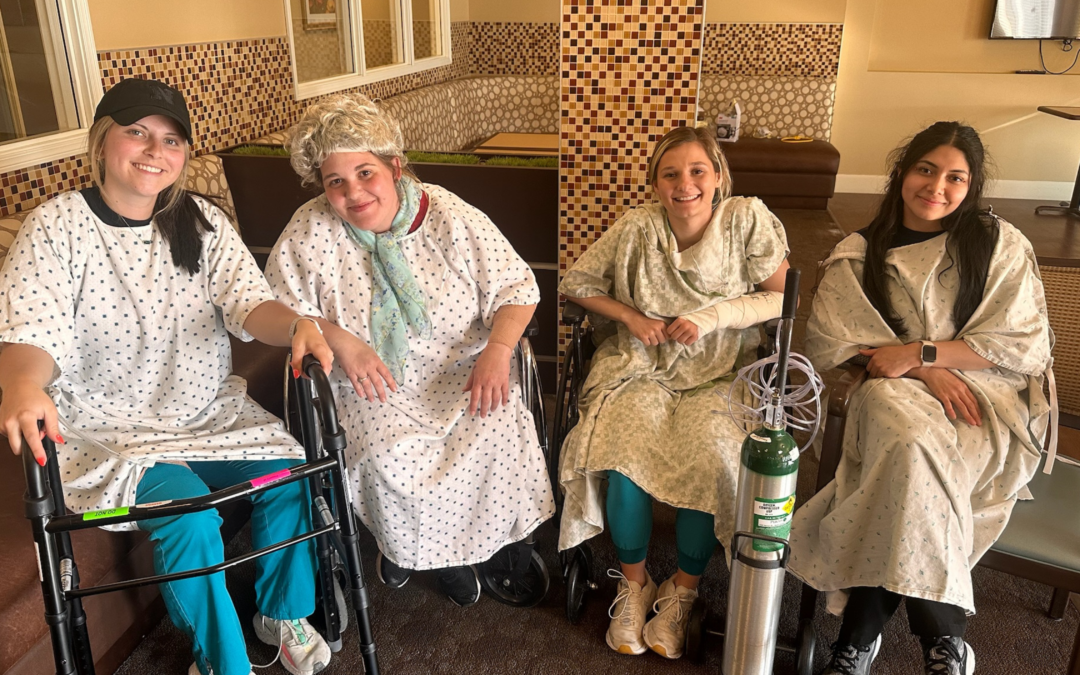
May 23, 2024
Gateway Vista, a leading senior living community in Lincoln, NE, proudly announces its partnership with the Lighthouse TIP (Trades and Industry) program, aimed at providing hands-on training and education to youth in the community.
Gateway Vista Partners with Lighthouse TIP Program to Empower Youth in Trades and Industry
The Lighthouse TIP program seeks to equip youth, particularly those from low-income families, with the skills and opportunities to pursue fulfilling careers in various industries, including construction, nursing, culinary arts, and more. By offering real-world experience through on-the-job training, internships, and apprenticeships, the program aims to break the cycle of poverty and empower youth to achieve a better standard of living.
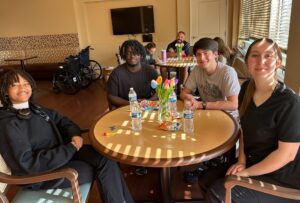 Gateway Vista, known for its comprehensive senior living services, has enthusiastically joined forces with Lighthouse to host a 6-week program on its campus. Through this partnership, professionals at Gateway Vista are providing hands-on exposure to careers in the senior living industry, including assisted living, skilled nursing care, and rehabilitation services.
Gateway Vista, known for its comprehensive senior living services, has enthusiastically joined forces with Lighthouse to host a 6-week program on its campus. Through this partnership, professionals at Gateway Vista are providing hands-on exposure to careers in the senior living industry, including assisted living, skilled nursing care, and rehabilitation services.
“We believe this program is a great way to introduce teens to new career paths,” says Mollie Cook, Director of Human Resources at Nye Health Services. “Many students have limited exposure to the depth of career opportunities available in the industry. By working directly with residents and experiencing the importance of quality care firsthand, youth gain a true understanding of the industry and become excited about potential pathways.”
The impact of the program has been immediate and profound. Following their participation in the program at Gateway Vista, several youth expressed eagerness to pursue careers in senior living and applied for open positions on the same day. One participant has already secured a position at Gateway Vista, demonstrating the program’s effectiveness in inspiring and empowering youth.
“At Lighthouse, we believe that ‘you can’t be what you can’t see,'” says Jeremy Trujillo, Director of the Trades/Industries Program at Lighthouse. “Through this program and our partnership with organizations like Gateway Vista, students actively engage in training, envision themselves in future roles, and forge meaningful connections with residents, creating a lasting impact on both students and seniors alike.”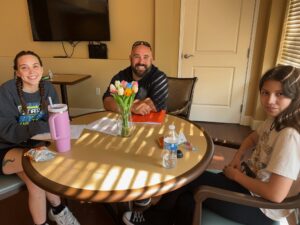
For more information about Gateway Vista and its partnership with the Lighthouse TIP program, please contact Mollie Cook, Director of Human Resources, at 402-753-1400.
Nye Health Services provides a complete continuum of healthcare services for older adults seeking independent and assisted living, state-of-the-art rehabilitation, or traditional skilled care with campuses in Fremont, Lincoln, and Norfolk, Nebraska. To learn more about Nye Health Services, visit us online at www.nyehealthservices.com.
Learn more about our open positions & apply today at: www.nyecareers.com.
Nye Health Services | Independent & Assisted Living Communities
Nye Health Services is passionate about providing older adults with a wide range of wellness and health services that maximize health and well-being. If you are searching for a senior living community, explore one of our five locations in eastern Nebraska. Each campus provides award-winning health and wellness services, comfortable apartments and/or suites, and numerous amenities to help you live life to the fullest!
For additional information about Nye Home Health Care visit us at nyehomehealthcare.com.
Contact us to learn more about what sets Nye apart. Schedule a tour of a community near you today! View our locations.
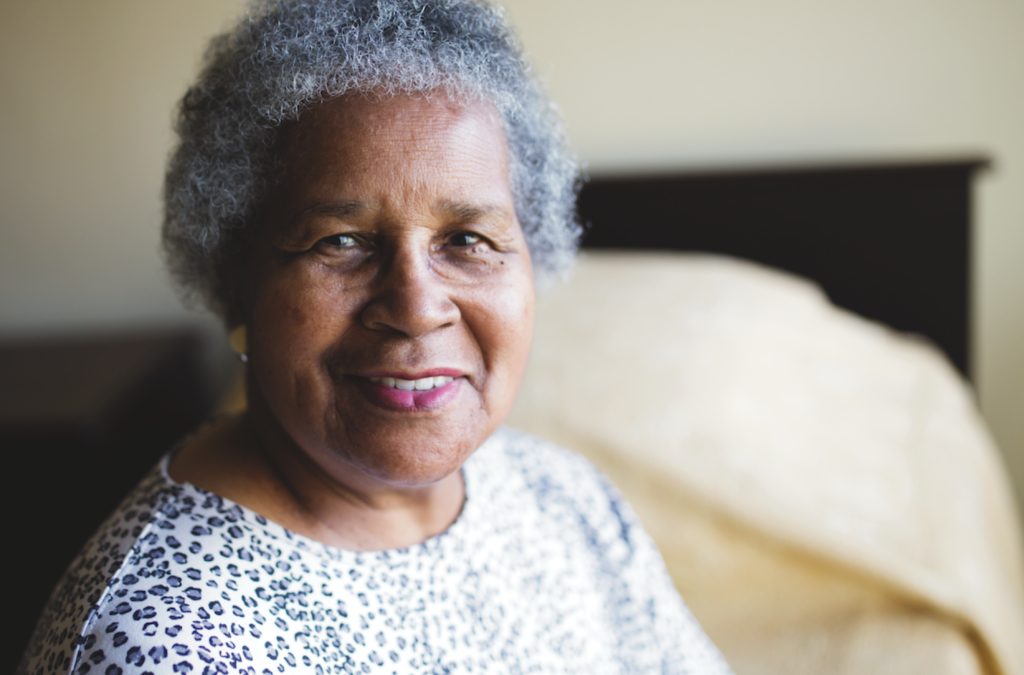
Jun 20, 2023
Choosing the right assisted living facility is significant for seniors and their families in Lincoln, NE. Assisted living facilities in Lincoln, NE offer a supportive and nurturing environment that promotes independence, dignity, and quality of life for older adults. This article will explore the benefits of assisted living in Lincoln, highlighting the compassionate care, comfortable accommodations, and enriching activities these communities provide. Whether seeking assistance with daily tasks or desiring a vibrant community to thrive in, assisted living offers a range of services tailored to meet each resident’s unique needs and preferences.
Embracing Comfort and Care: Assisted Living in Lincoln, NE, Fremont, NE, Norfolk, NE, & Surrounding Communities
Person-Centered Care and Support
Assisted living communities in Lincoln, NE, prioritize person-centered care, recognizing the individuality and unique requirements of each resident. Skilled and compassionate staff members are available 24/7 to provide assistance with activities of daily living (ADLs) such as bathing, dressing, medication management, and mobility support.
Through personalized care plans, residents receive the right level of assistance while maintaining their independence and dignity. The dedicated care teams in Lincoln’s assisted living communities foster strong relationships with residents, ensuring their physical, emotional, and social well-being.
Comfortable Accommodations and Amenities
Assisted living facilities in Lincoln, NE offer comfortable and well-designed accommodations tailored to the needs of seniors. Private apartments or rooms provide a cozy and secure living space where residents can personalize their environment with cherished belongings.
The communities feature inviting common areas, dining rooms, and landscaped outdoor spaces, fostering a sense of community and providing opportunities for social interaction. Amenities such as fitness centers, libraries, beauty salons, and organized activities cater to the diverse interests and preferences of residents, promoting an active and fulfilling lifestyle.
Engaging Social Activities and Programs
Assisted living in Lincoln, NE recognizes the importance of social engagement and meaningful activities for seniors’ well-being. They offer diverse social events, educational programs, outings, and recreational activities to keep residents mentally stimulated, physically active, and socially connected. From group exercise classes and arts and crafts workshops to movie nights and social gatherings, there are abundant opportunities for residents to engage with peers, make new friends, and pursue their passions and hobbies.
Nutritious Dining Options
Assisted living communities in Lincoln, NE prioritize nutritious and delicious dining experiences. Professional culinary teams prepare balanced meals using fresh, locally sourced ingredients and accommodating dietary preferences. Residents can enjoy well-balanced meals in shared dining areas, fostering a sense of community and socialization. Assisted living communities also ensure that residents receive nourishing meals that support their health and well-being.
Peace of Mind and Safety
Assisted living communities in Lincoln, NE prioritize the safety and security of their residents. Trained staff members are available round-the-clock to respond to emergencies and provide assistance when needed. Communities are equipped with safety features such as emergency call systems, secure entrances, and well-maintained premises. Regular wellness checks and medication management services contribute to the overall health and peace of mind of residents and their families.
Supportive Community and Companionship
Assisted living communities in Lincoln, Nebraska & surrounding communities foster a strong sense of community, promoting companionship and a supportive network for residents. Living among peers with shared experiences and interests provides opportunities for socialization and meaningful connections. Residents can participate in group activities, engage in conversations, and build lasting friendships.
The sense of belonging and support from both staff and fellow residents creates a warm and welcoming atmosphere, combating feelings of loneliness and isolation that some seniors may experience. Assisted living communities in Lincoln strive to create a close-knit community where residents can find comfort, encouragement, and a sense of belonging.
Transportation and Access to Local Amenities
Assisted living in Lincoln ensures that residents have access to transportation services to facilitate outings, medical appointments, and shopping trips. The communities arrange for transportation, allowing residents to maintain their independence and engage in activities outside the facility. Whether it’s exploring local attractions, attending cultural events, or simply running errands, transportation services offer convenience and opportunities for residents to stay connected to the wider community. Assisted living communities in Lincoln understand the importance of maintaining an active and fulfilling lifestyle and provide the means for residents to access the amenities and services available in the surrounding area.
Peaceful and Convenient Location
Assisted living facilities in Lincoln are often situated in peaceful and convenient locations, offering a serene and comfortable living environment for residents. Nestled in scenic neighborhoods or close to local parks and nature trails, these communities provide a tranquil setting where residents can enjoy the beauty of nature and find solace in their surroundings.
Additionally, the convenient location of assisted living communities ensures easy access to nearby healthcare facilities, pharmacies, and other essential services, providing residents and their families with peace of mind knowing that medical care and support are readily available.
Nye Health Services – Assisted Living in Lincoln, NE
Assisted living in Lincoln, Nebraska & surrounding communities go beyond providing assistance with daily tasks; it creates a caring and supportive community where seniors can thrive and enjoy a fulfilling lifestyle. With a focus on companionship, engaging activities, nutritious dining options, transportation services, and peaceful locations, assisted living communities in Lincoln, Nebraska & surrounding communities cater to the unique needs and preferences of older adults. By embracing comfort, care, and a strong sense of community, assisted living in Lincoln offers seniors and their families the reassurance and support they need to navigate this stage of life with dignity, joy, and peace of mind.
If you are searching for an assisted living community, explore one of our three locations in eastern Nebraska. Each campus provides award-winning health and wellness services, comfortable apartments and/or suites, and numerous amenities to help you live life to the fullest!
Contact Nye Health Services to learn more about the assisted living amenities we offer or schedule a tour at any of our senior living communities in Fremont (Nye Legacy, Nye Square, & Nye Pointe), Norfolk (The Meadows), and Lincoln, Nebraska (Gateway Vista).

 Gateway Vista, known for its comprehensive senior living services, has enthusiastically joined forces with Lighthouse to host a 6-week program on its campus. Through this partnership, professionals at Gateway Vista are providing hands-on exposure to careers in the senior living industry, including assisted living, skilled nursing care, and rehabilitation services.
Gateway Vista, known for its comprehensive senior living services, has enthusiastically joined forces with Lighthouse to host a 6-week program on its campus. Through this partnership, professionals at Gateway Vista are providing hands-on exposure to careers in the senior living industry, including assisted living, skilled nursing care, and rehabilitation services.


